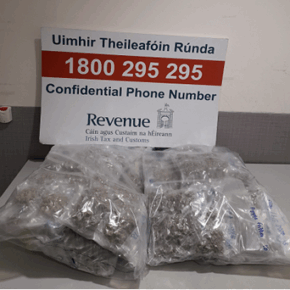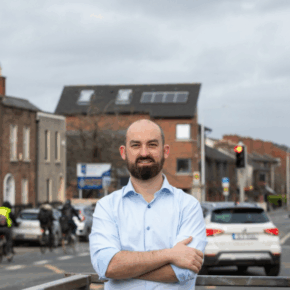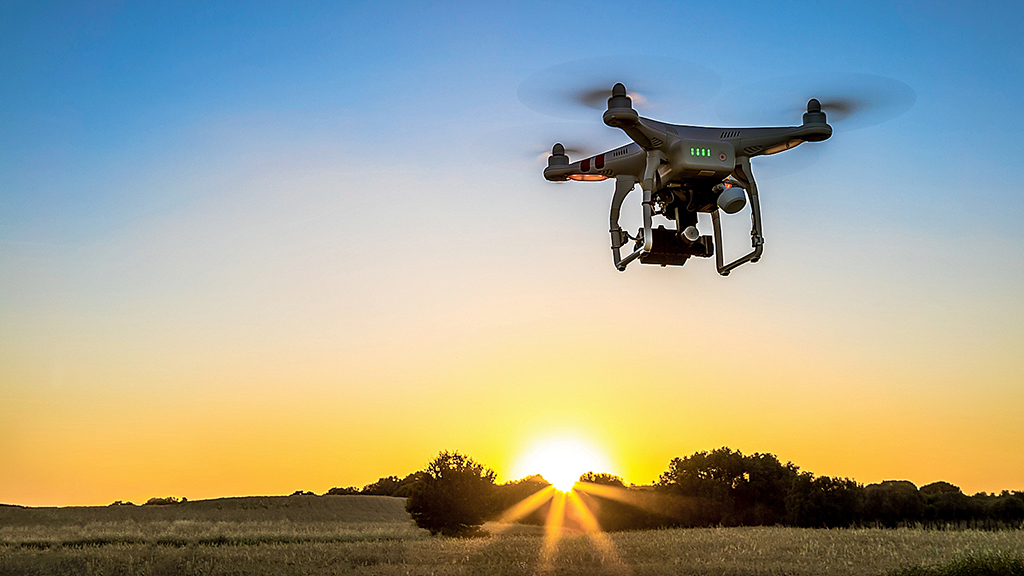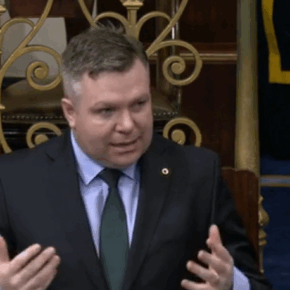Why Southsiders need to get into nature
Dublin People 12 Jun 2015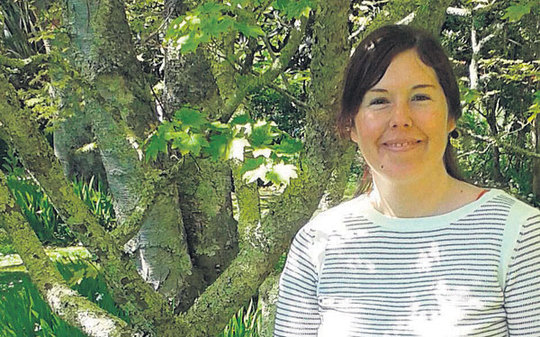
I HAVE just set up a new community project called the
‘DLR Nature for Health Group’.
The first meeting is scheduled for Tuesday, June 30 at 6.30pm in DLR Lexicon. This is a local initiative that aims to improve community health through increased contact with nature.
In recent times people have become increasingly disconnected from nature, especially children and young people.
However, Richard Louv’s book
‘Last child in the woods’ has been very influential and has led to increasing numbers of children and families re-connecting with nature. Also
‘Project Wild Thing’ in the UK has been successful in increasing the number of children spending time outdoors.
In recent times there has been an increase in obesity levels, anxiety, depression and ADHD. This has coincided with the rise in technology use and so-called
‘screen time’.
The evidence in relation to nature contact improving physical and mental wellbeing is very strong and growing.
‘Beyond Blue to Green, the benefits of contact with nature for mental health and wellbeing’ (2010) was a major depression initiative in Australia. Also, in 2013, UK Mind, a leading mental health charity published
‘Feel better outside, feel better inside: Ecotherapy for mental well-being resilience and recovery’.
Both reports advocated the therapeutic benefits of nature.
Prevailing theories that link well-being and contact with nature include the Biophilia hypothesis (that people are naturally drawn to nature and living things); the Attention Restoration Theory (that being in nature can restore our mental fatigue); and Stress Reduction Theory (that natural environments promote recovery from stress).
Research has shown that contact with nature improves stress and concentration levels, reduces anxiety, and alleviates mild/moderate depression.
The DLR Nature for Health Group aims to create awareness in communities of the benefits of contact between people and nature. This will be achieved by running a number of mindful walks using mindfulness in nature to enhance people’s sensory connection to their local landscape, whether in forests, costal walks, or local green areas.
We will be a resource for other local community groups that are looking for up to date research on the health benefits of nature. We will promote social inclusion by trying to get as many people out into nature as possible. We will also network with other community groups, health professionals, and primary care areas to promote our work.
The group also hopes to influence policy in relation to lobbying for increase access to green spaces.
Our ultimate goal is to run a number of ecotherapy initiatives that can be used by people suffering from stress, anxiety, and depression.
Ecotherapy (which involves therapeutic contact with nature) is a low-cost, effective intervention which can complement existing treatment options for mild and moderate mental health problems.
In the UK Ecotherapy is well established. Between 2009 and 2013, Mind funded 130 ecotherapy projects across England with £7.5 million support from the Big Lottery Fund.
Over 12,000 people used the projects to look after their mental health by doing gardening, food growing, green exercise, or environmental conservation work.
The people of Dun Laoghaire Rathdown should consider getting involved to improve their quality of life, enhance their physical and mental wellbeing, and increase their resilience to stress, facilitate local social connections, and strengthen community in natural spaces.



